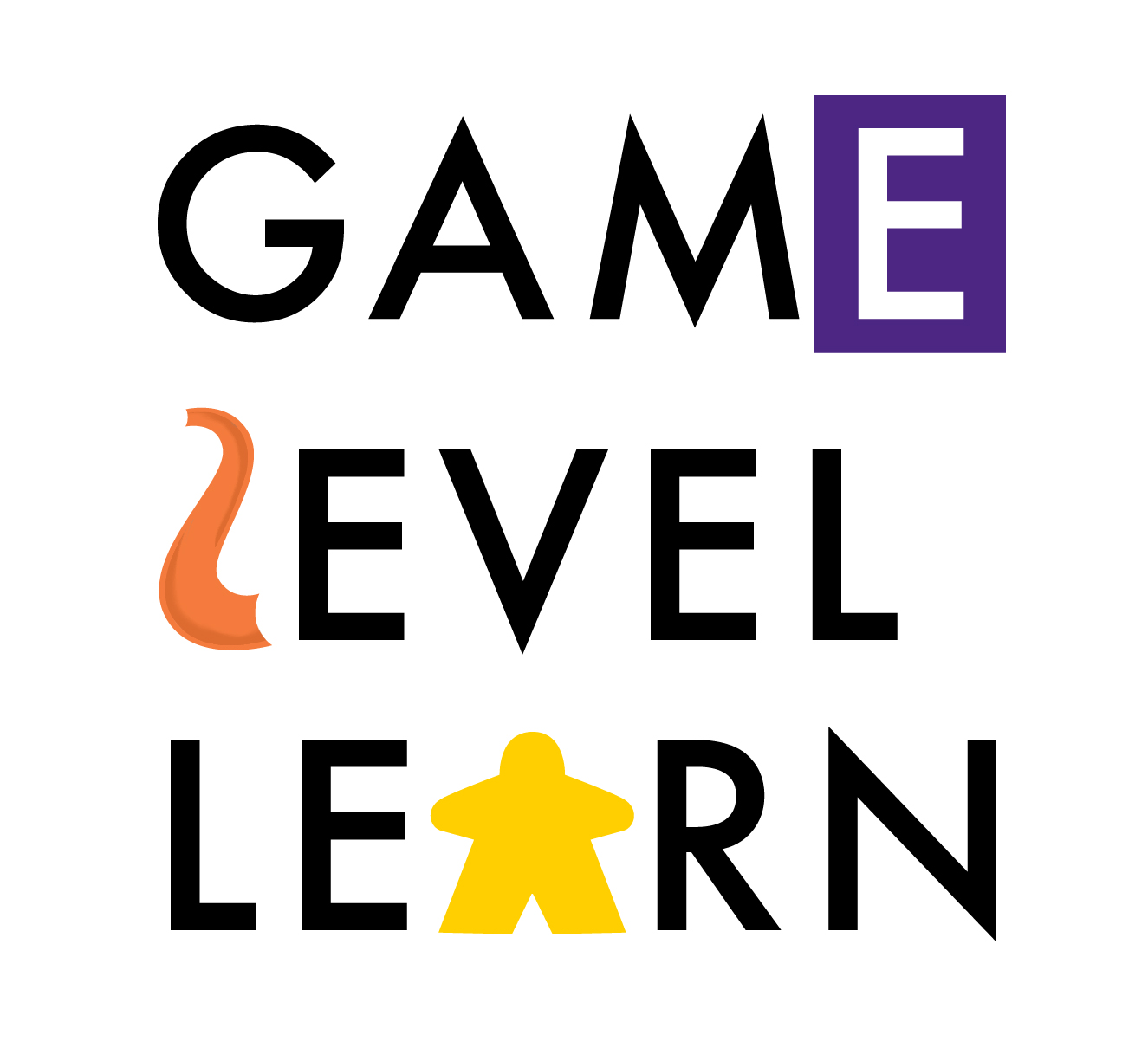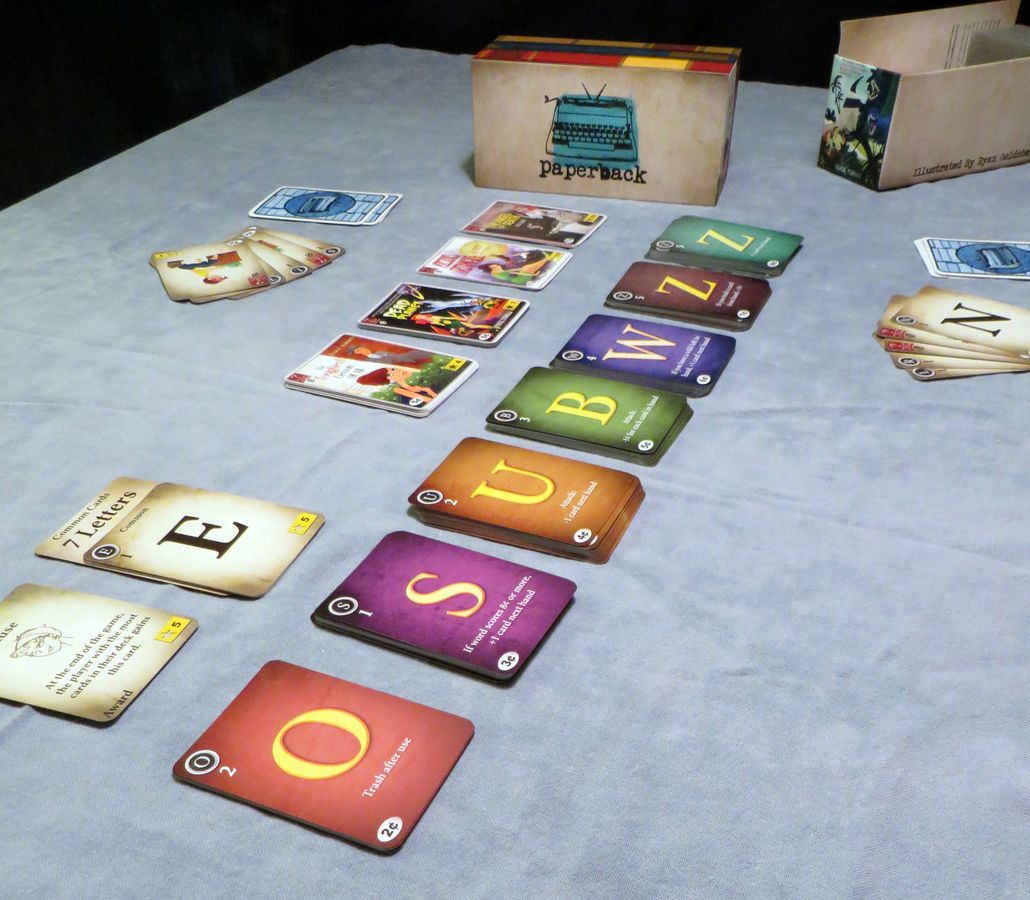51 Mechanics: Deck/Pool Building
/BoardGameGeek (BGG) is a singular repository of gaming information, knowledge and wisdom that has been serving the modern board game hobby since 2000. I consult it regularly and have used its database to manage my own game collection. I also used it when I was writing my 2016 book on gamified instruction, particularly with regard to the game mechanics that BGG identified and organized content into. While there are more than 85,000 games, even now, there are just 51 mechanics. Since every mechanic offers something to the teacher who wants to use games in the classroom, I'm going to use this section of Game Level Learn and my own contributions to it to assess games from each of these 51 mechanics. Next up?
When the deck building mechanic arrived on the scene about ten years ago (essentially with the publication of Dominion), it was widely regarded as one of the most innovative and intriguing mechanics to appear on the scene for a long time. In some respects, it is to this particular mechanic that we can look as the agent of the huge rise in the contemporary board game hobby. In deck building games, you start the game with a basic deck of cards that do very basic things (like allow you to buy other cards or attack monsters or build some kind of resource). But the key here is that these basic cards are exceptionally basic. The goal here is to build an "engine" of specialized cards that, when triggered off of or triggering each other, cause the player to gain dramatic benefits. In the early days of the mechanic, the cards were all there was. Increasingly this mechanic is featuring game boards alongside the cards. Indeed, some games that are primarily board games are using the deck building mechanic as an add-on or parallel. Because this mechanic asks the player to assess the relationships between different cards with regard to their synergy, the deck building mechanic is unusually aligned to those who want to do game-based learning or gamified instruction.
Dominion (BGG Rank: 65)
Dominion belongs on this list because it is the spiritual father of all of the other games that use this mechanic. Some might complain that its too Euro for their tastes (in other words, that the theme is a bit arid and the game is really about its mechanics), and I would acknowledge there's a bit of that that's true, particularly with the first few expansions. But Dominion has now been expanded nearly a dozen times, adding literally thousands of cards to the game and making the engines one might build essentially impossible to foretell or anticipate. It's this that makes Dominion so fresh even though it's more than a decade old. The basic mechanics of the game are unchanged, but by adding an assortment of different cards with supplemental mechanics or new implementations of old mechanics, the game which might have seemed so straightforward, becomes compelling again.
Above and Below (BGG Rank: 146)
Above and Below is the only game on this list that I've included that isn't purely about the cards. It's a deck builder, but its even more a card drafting and storytelling game. There's so much going on in this game. Totally worth your time as a playing experience, but not strict as a deck builder.
Paperback (BGG Rank: 300)
Paperback is a letter-based deck builder in which the players are buying letters in the hopes of being able to construct better and better (in terms of point value) words. Certainly one of the most innovative implementations of the deck building genre, and a great tool for helping students develop their vocabulary.
Mystic Vale (BGG Rank: 407)
Mystic Vale is a deck building game of the "card crafting" variety. The cards are all plastic and sleeved and as large as proper tarot cards. At the start of the game, some cards are entirely blank (they have no features or powers) while others have only a negative effect. Very few cards have a positive effect. Over the course of the game, your job is not only to buy the correct upgrades for your cards, but to sleeve them effectively so that their powers resonate rather than fail to trigger. One of the more fascinating developments in the deck building genre that sticks to the cards and doesn't introduce other elements.
Eminent Domain (BGG Rank: 419)
The fun thing about Eminent Domain is that it successfully captures what makes a civilization-building (exploration, discovery, technology trees, social development) great and melds it nearly perfectly with a deck building game. A pretty good example of a game you could play out of the box if you wanted to get your students some experience with playing around with civilization construction. The Eminent Domain engine is not super difficult to learn, either.
Cover image: [https://boardgamegeek.com/image/1928335/paperback]


